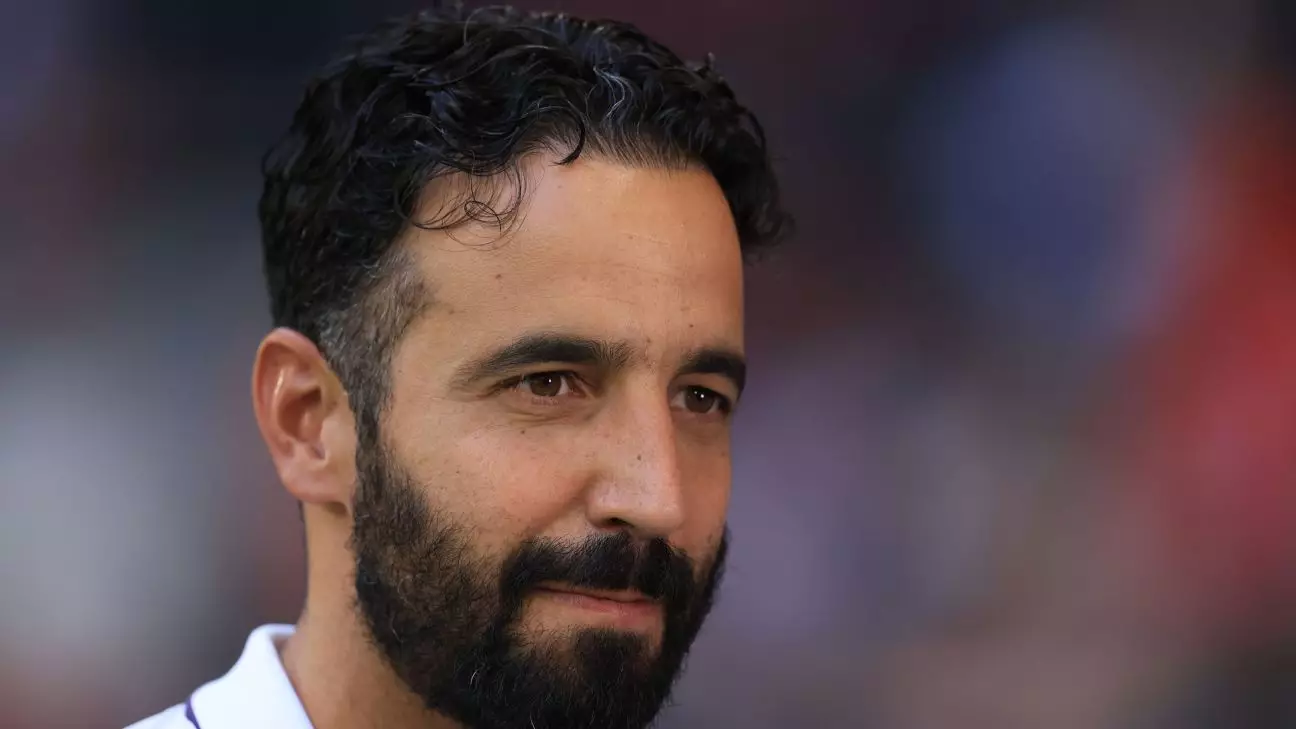Manchester United faces a critical challenge as the new season looms: the elusive search for a reliable No. 9 has yet to yield concrete results. Despite the club’s significant investments in Matheus Cunha and Bryan Mbeumo—who together scored an impressive 35 Premier League goals last season—there remains a conspicuous absence of a proven striker to lead the line. This strategic gap reveals a lack of foresight in addressing one of the most vital positions in modern football. While the team has attempted to fill this void with a variety of targets, none have materialized into concrete signings. The club’s inability to secure a definitive goal scorer threatens to undermine their offensive potency, especially given their modest tally of 44 league goals last season. The slow bargaining and missed opportunities demonstrate not only a potential misjudgment of market timing but also a broader failure to adapt tactically to the realities of the transfer window.
Strategic Shifts and Tactical Flexibility: Can Mbeumo Fill the Void?
Faced with limited options in the transfer market, Manchester United and coach Ruben Amorim are considering unconventional solutions. A notable one is repositioning Bryan Mbeumo from his usual role to serve as a central striker within their 3-4-3 formation. This tactical shift underscores both an innovative mindset and a pragmatic response to recruitment setbacks. Mbeumo’s versatility could prove pivotal—if he can adapt to the pressure of leading the line, he might serve as a short-term fix while the club continues its search. However, relying on a player primarily suited for a wider role to lead the attacking line risks compromising their overall balance and attacking effectiveness. The managerial decision to experiment with such a change signals an acknowledgment that the club’s failure to secure a traditional No. 9 could have long-term consequences on their campaign. It also raises questions about the club’s recruitment strategy, which seems reactive rather than proactive.
Market Realities and Future Prospects
The current transfer saga highlights the unpredictable and often frustrating nature of football’s transfer market. Manchester United’s interest in players like Liam Delap, Viktor Gyökeres, and Hugo Ekitike falling through exposes the volatility and competitiveness of the window. Moreover, ongoing negotiations involving players like Nicolas Jackson and potential swaps involving Garnacho illustrate a club navigating a delicate balancing act—trying to strengthen the squad without overspending or disrupting existing team chemistry. There’s an underlying sense of urgency beneath the surface, but the club’s limited options mean they might have to accept a season without a marquee striker. This acknowledgment signals a shift from ambitious to pragmatic, yet it carries inherent risks that could define the team’s fortunes. If the signings fail to materialize, Manchester United could enter the season with a glaring weakness up front, undermining their ambitions and perhaps preventing them from competing at the highest levels. The internal debate about whether to prioritize squad depth or specific positional reinforcement underscores a broader strategic dilemma now facing their management.

